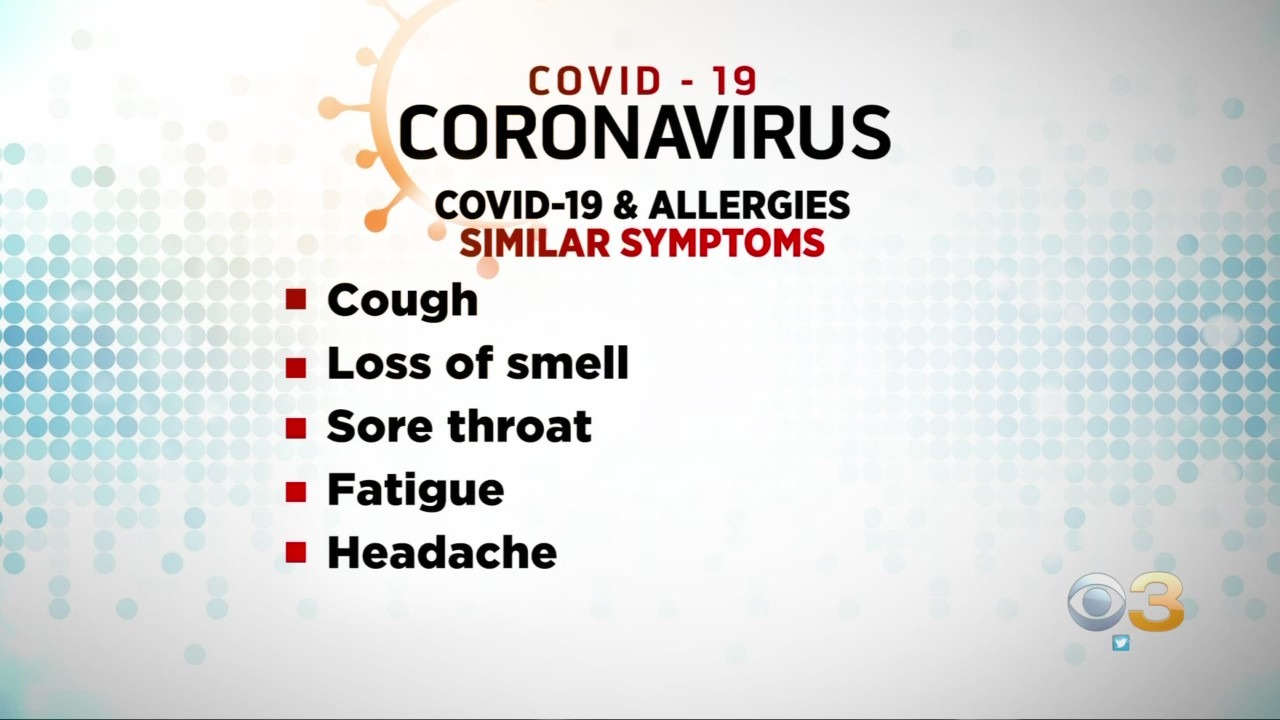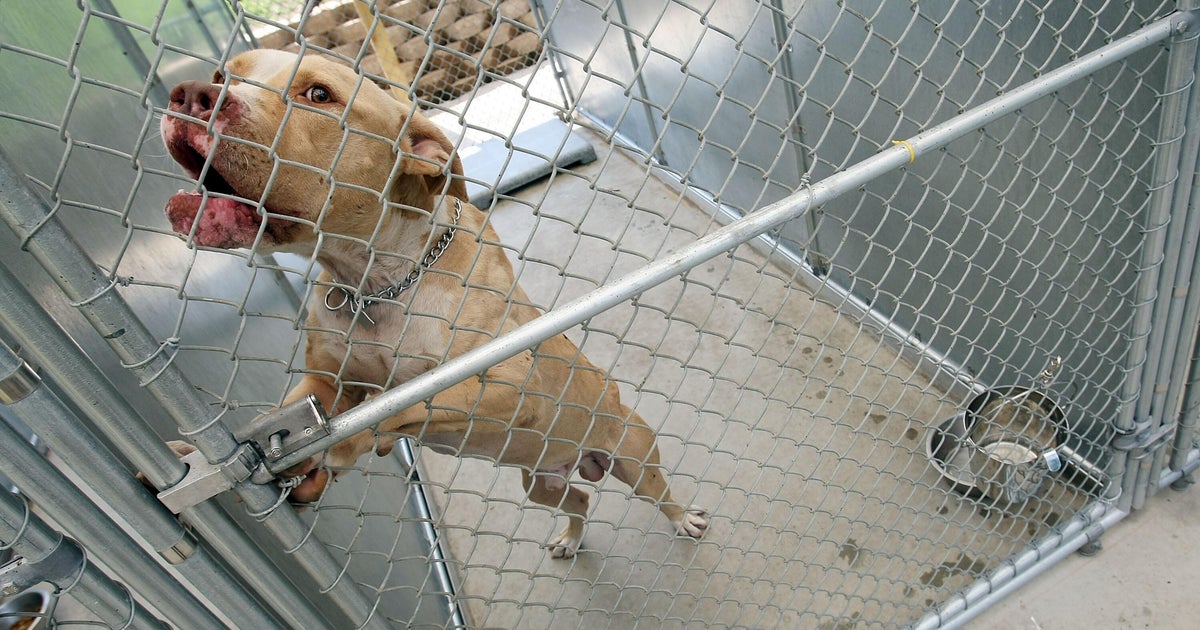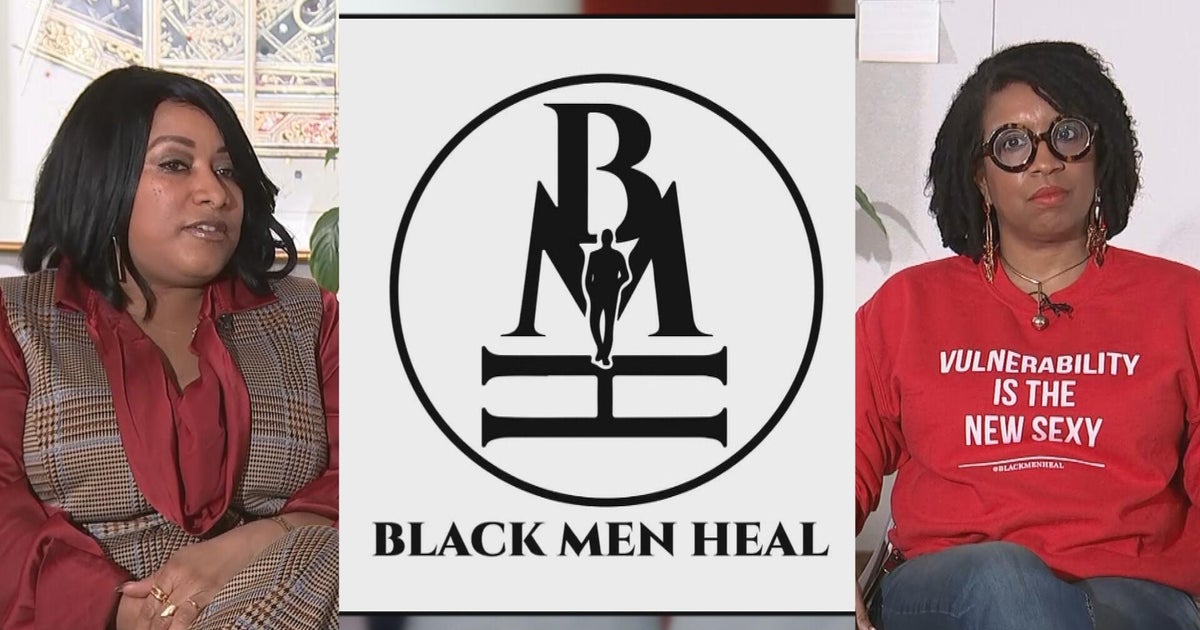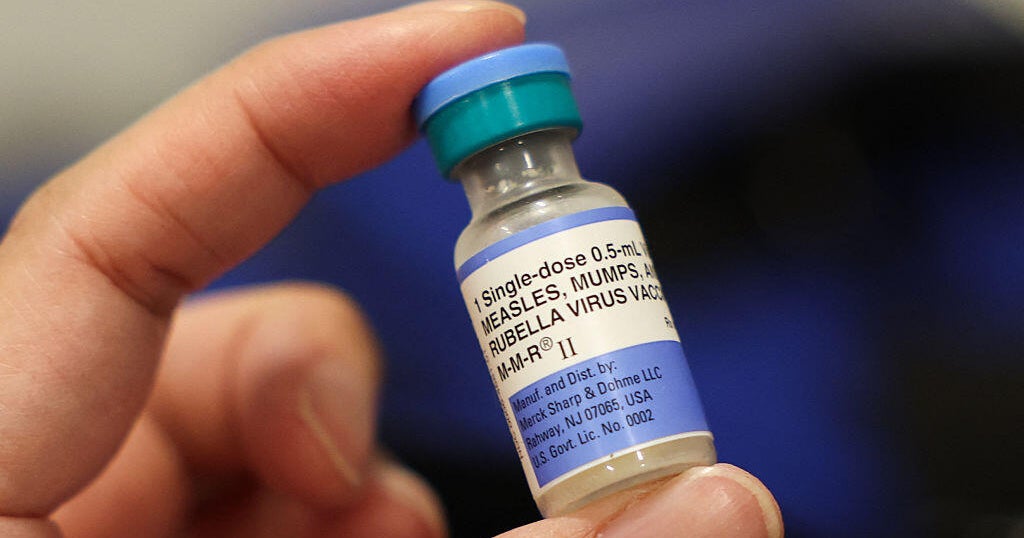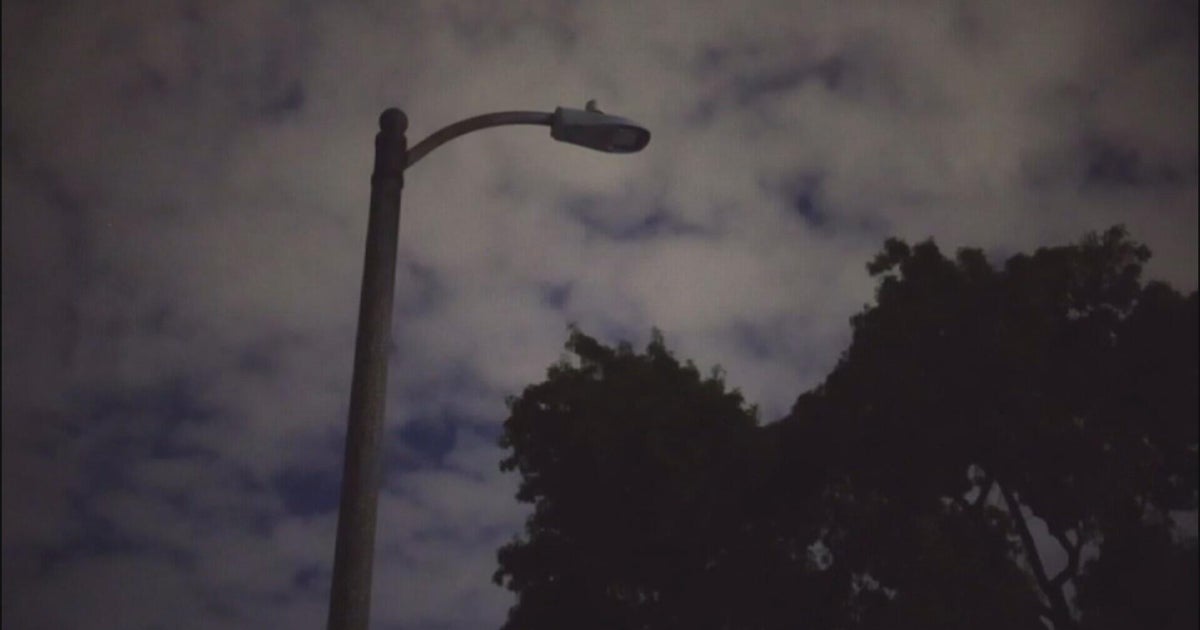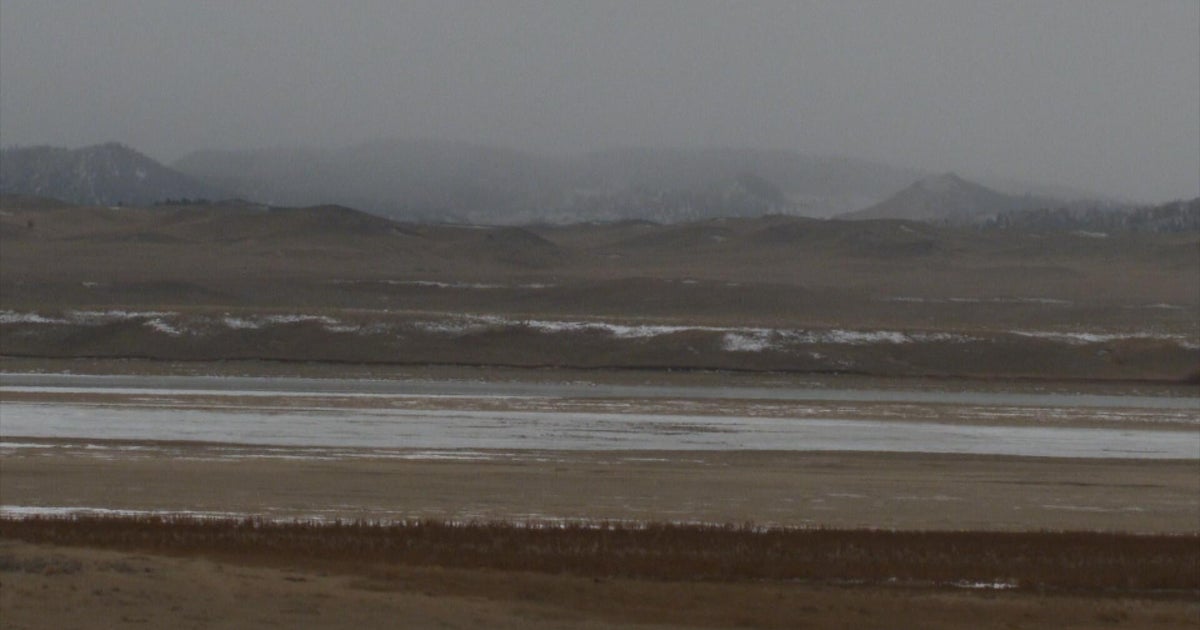CDC Reminding People That Allergy Symptoms Can Be Similar To COVID-19 Symptoms
PHILADELPHIA (CBS) -- As we reach the height of the fall allergy season in the Philadelphia region, there's this reminder from the Centers for Disease Control and Prevention that allergy symptoms can be similar to COVID-19. It can be difficult to tell the difference and doctors say that's causing increased anxiety for a lot of people.
A cough is common for both COVID-19 and fall allergies.
Mid-September is when that ragweed pollen it traditionally at its peak and while some of the symptoms are similar, doctors say there are also important differences.
A walk through the city's historic Lemon Hill park is beautiful but also filled with hidden ragweed pollen.
"This time of the year, I definitely notice it coming on as the weather starts to cool down," Parker Masselink said.
Masselink is among millions who suffer from fall allergies caused by ragweed and it's complicated this year because the CDC says symptoms of allergies and COVID-19 can be similar.
"Distinguishing between the two could be difficult," Philadelphia allergy specialist Dr. Manav Segal said.
He says people are understandably anxious about the coronavirus.
"People are on high alert, they're watching for these upper respiratory symptoms," he said.
Among the symptoms for both COVID-19 and allergies, according to the CDC are cough, loss of smell, sore throat, fatigue and headaches.
"If you're experiencing those symptoms then you're questioning whether you're ill or not," Segal said.
He says there are several critical signs to help distinguish COVID-19 which can come with a variety of symptoms -- or none.
A fever is common with coronavirus, not with allergies. With allergies, itchiness is a frequent complaint but not with the new virus.
"Allergy symptoms typically involving itching so itchy, watery eyes, runny nose, itchy throat, all of these things are more common with allergy symptoms," Segal said.
People with allergies usually get symptoms seasonally, which can often be controlled with medications. Masks that are recommended to prevent COVID-19 can also help with allergies.
"Wearing a mask will actually reduce the amount of pollen you're exposed to," Segal said.
It's not known if having seasonal allergies increases the risk of contracting coronavirus.
